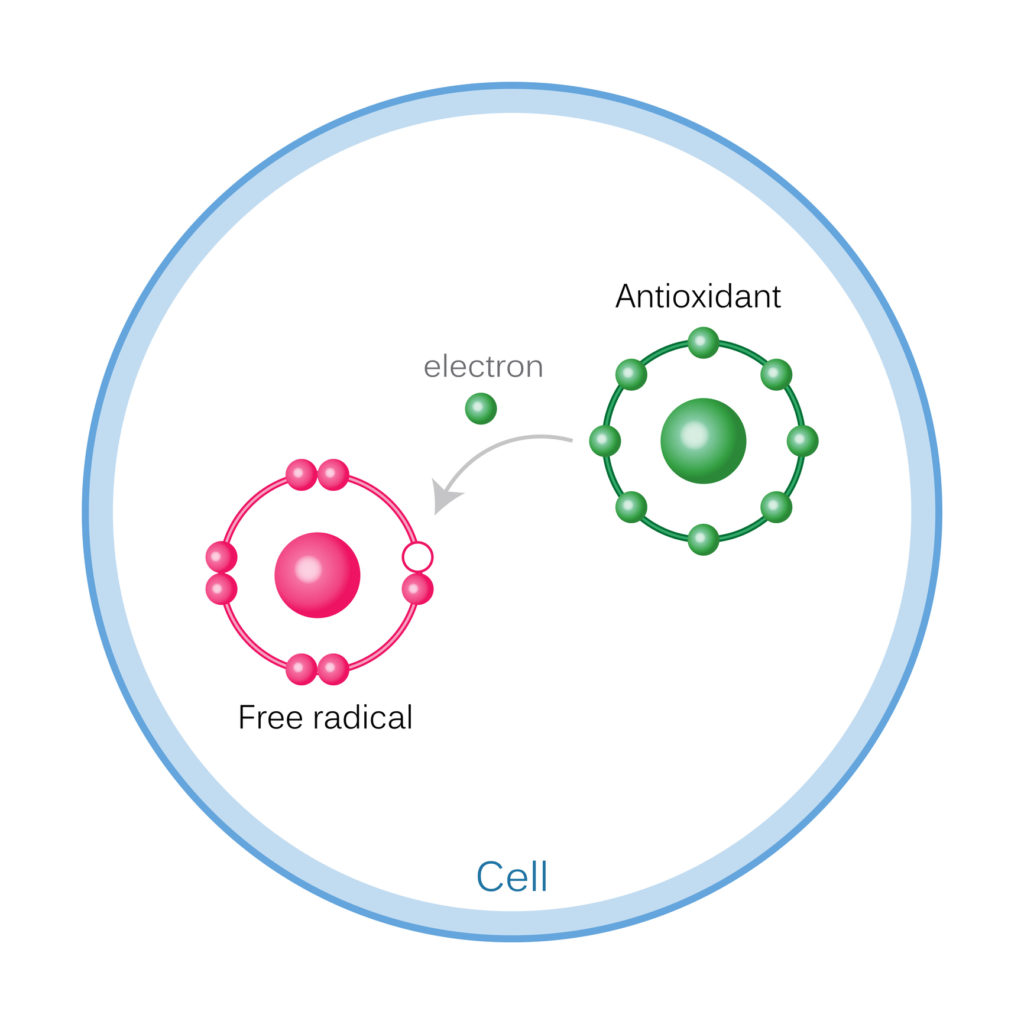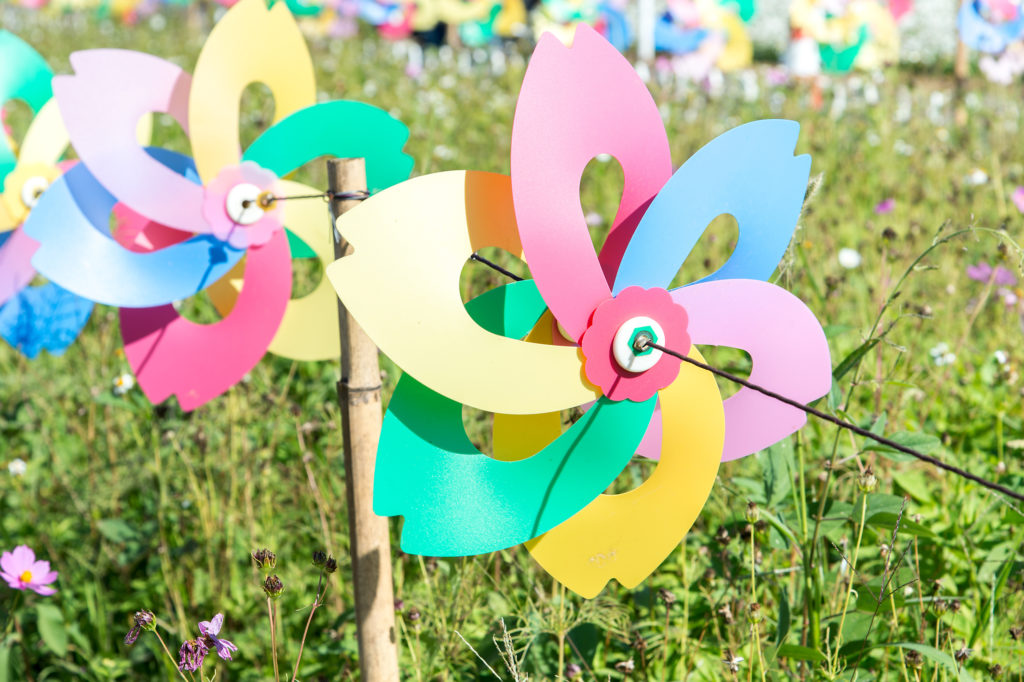Abstaining from alcohol is likely always more a positive idea than a negative one. Alcohol consumption impacts our health in a negative way on various fronts. A glass of wine or two disrupts our sleep quality, leads to excessive calorie consumption and can even affect our mood.
For individuals with post-viral fatigue syndrome or chronic fatigue syndrome the negative effects of alcohol consumption can pack an even larger punch. So a dry January for post-viral fatigue affected individuals is a good idea.
Where does our energy come from?
Within the human body, mitochondria are the energy production centres. In the mitochondria, glucose molecules from the food we eat combine with oxygen to generate adenosine triphosphate (ATP). ATP is an energy form that every single cell in the human body can use. At any given moment, your vibrancy is a related to your cell’s ability to generate ATP.
Drinking alcohol can impact the cell’s ability to generate ATP.

So what is the net effect of drinking alcohol on energy production?
Drinking alcohol results in over-production of reactive oxygen species (ROS). ROS are highly reactive molecules that are desperate to stabilize their chemical structure. The only way to do this is to steal an electron from another molecule. The most available targets are proteins, fats and even DNA within the mitochondria. This damages the inner workings of the mitochondria and impacts ATP production. Under normal circumstances, each cell in the body is blessed with an abundant supply of antioxidants to manage the threat of ROS. Antioxidants donate electrons to ROS, neutralizing them before they damage other molecules. However, to add insult to injury, drinking alcohol also affects the body’s antioxidant supply. So…..double whammy!

Let’s use an analogy to simplify this.
Imagine your mitochondria are paper wind turbines. Spinning the turbines generates energy, faster spinning equates to more abundant energy production. Now imagine if someone dumped sticky glue all over the paper turbines. As a result the paper turbines would spin at a slower pace. So the net effect is that drinking alcohol is akin to glooping your turbines (mitochondria) up with a sticky residue (ROS). The net effect is magnified because the cleaning solution (antioxidants) to dissolve the gloopy mess is less available.

So abstaining from alcohol altogether or limiting consumption is a good idea. I have discovered more and more delicious alcohol-free beverages on the market so you can still toast inn celebration of 2022 all month long. Visit my favourite selection here:
https://well.ca/categories/non-alcoholic-beverages_5449.html
+ show Comments
- Hide Comments
add a comment